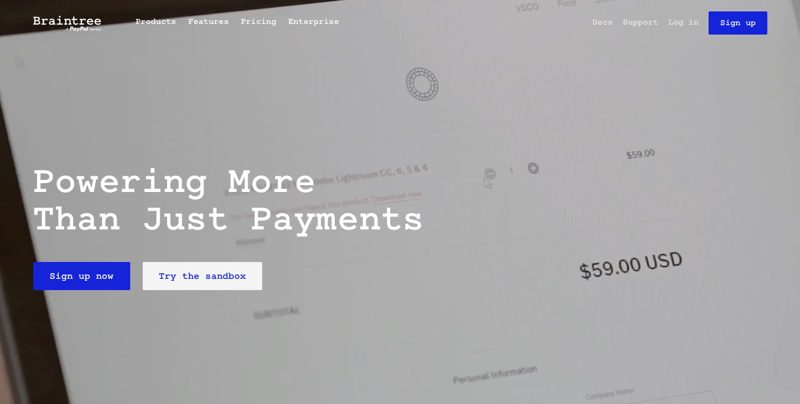Now, that’s brain power.
Payment platform Braintree announced this week that it now processes more than one billion payment transactions per quarter.
“This is another significant milestone in the Braintree story as we continue to prove how uniquely well-positioned we are – in partnership with the power and reach of PayPal’s global two-sided network – to drive the future of commerce forward,” Braintree GM Juan Benitez wrote at the company blog. In a footnote, Benitez added that the volume represents PayPal transactions as well as others that are ineligible for inclusion in Braintree’s “stated transaction count” and not included in calculations to determine total payment volume (TPV).
Merchants in more than 40 countries around the world accept, split, and support payments in more than 130 currencies using Braintree’s platform. Braintree helps merchants build seamless online and mobile checkout experiences for their customers and provides both white-glove support and advanced fraud protection. From e-commerce businesses that want to accept direct payments to marketplace businesses with multiple payment services requirements, Braintree provides scalable, easy-to-integrate solutions that enable processing of a wide variety of payment options including PayPal, Venmo, Apple Pay, Android Pay, Visa Checkout, Masterpass, Amex Express Checkout, and ACH Direct Debit, as well as credit and debit cards.
Founded in 2007 in Chicago, Illinois, Braintree demonstrated Venmo Touch at FinovateSpring 2013. Also a veteran of our developer’s conference, Braintree discussed developer resources for building a better checkout experience at FinDEVr New York last spring in a presentation titled, “A Credit Card Form Walks into a Bar … Making Beautiful Credit Card Forms.” The company, which acquired Venmo for more than $26 million in 2012, was acquired by PayPal the following year for $800 million. In May, Braintree announced a remodel of its mobile Drop-in payments acceptance UI, launched a few months earlier. Braintree hired John MacIlwaine as CTO in February, and unveiled its commerce infrastructure tools back in December.
